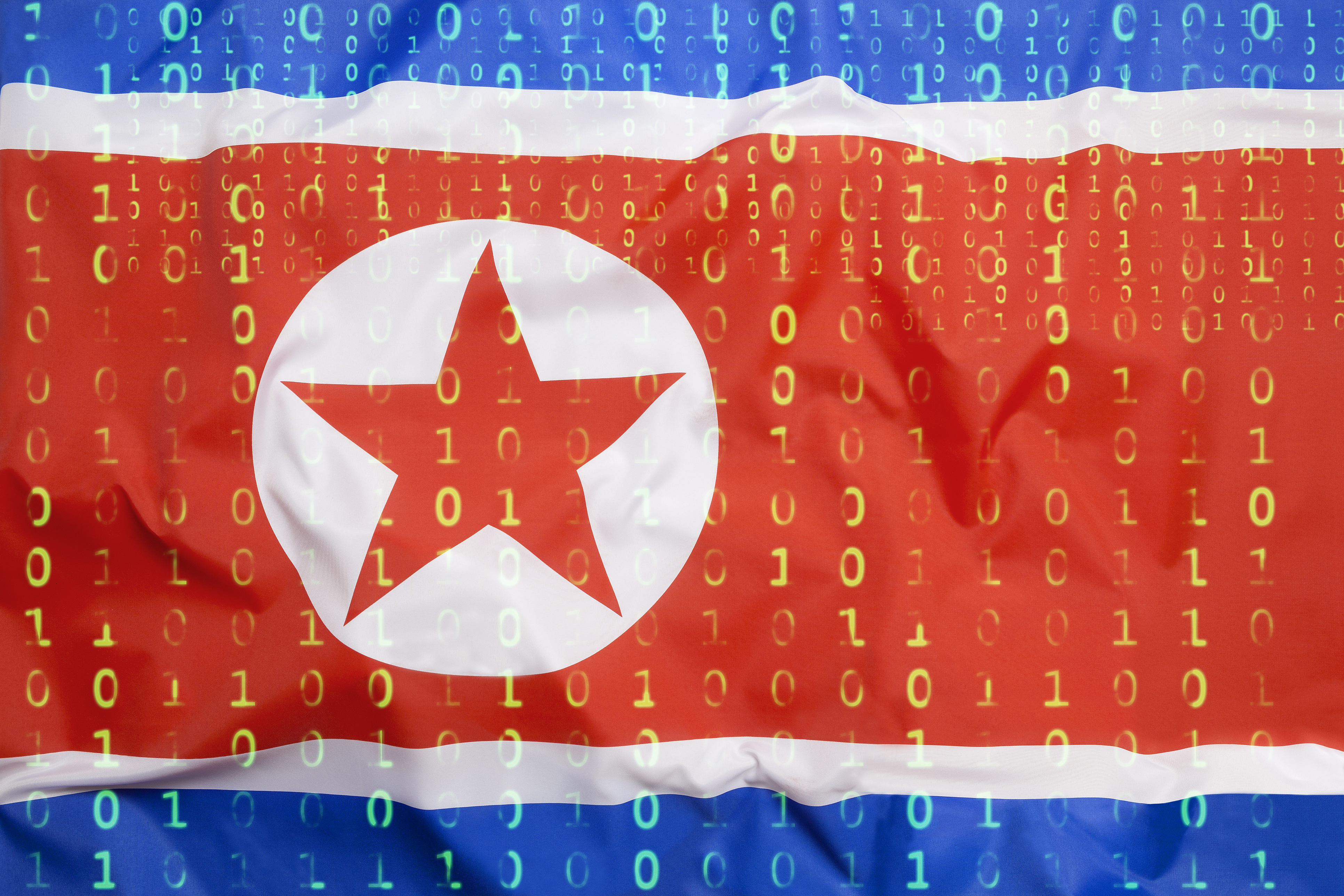On Thursday, the Office of Foreign Assets Control (OFAC) under the U.S. Department of the Treasury announced sanctions against the North Korean-affiliated group Kimsuky, along with eight international agents accused of aiding in evading sanctions. These sanctions, imposed against the North Korean cyberespionage group, (which is also known as APT43) mark a significant step in global efforts to curb the Democratic People’s Republic of Korea’s (DPRK) cyber activities. These sanctions were partly in response to North Korea’s launch of a military reconnaissance satellite in November 2023, but they also aim to impede the DPRK’s revenue generation, which is built off of cryptocurrency theft, and missile technology procurement, which support their weapons of mass destruction (WMD) programs.
Kimsuky’s Origins and Operations within the RGB
Kimsuky has been active since at least 2012, operating as an element within North Korea’s primary foreign intelligence service, the Reconnaissance General Bureau (RGB). The group is known for employing sophisticated social engineering tactics, particularly against South Korean and U.S.-based government organizations, academics, and think tanks focused on Korean peninsula geopolitical issues.
Intensified Social Engineering Tactics in 2023
In 2023, U.S. and South Korean intelligence agencies warned of Kimsuky’s increased use of social engineering to gather intelligence on geopolitical events, foreign policy strategies, and security developments affecting North Korea. Their methods include mimicking key figures and using credible spear-phishing campaigns to target individuals in think tanks, academia, and the news media sectors.
Kimusky’s Powerful OSINT Tactics
Kimsuky’s tactics involve leveraging open-source information to identify and impersonate real individuals, crafting convincing email messages to gain trust and rapport with their targets. They use password-protected malicious documents, often attached directly or hosted on platforms like Google Drive or Microsoft OneDrive, to gain backdoor access to victims’ devices. This access enables them to stealthily auto-forward all emails from a victim’s inbox to an actor-controlled account. The group also uses fake versions of websites and applications to harvest victims’ login credentials. Notably, Kimusky’s group has made use of custom tools like ReconShark (an upgraded version of BabyShark) and RandomQuery for reconnaissance and information exfiltration.
International Collaboration and Future Challenges
The United States, in collaboration with allies like Australia, Japan, and South Korea, is employing a multi-faceted approach that combines sanctions, public awareness, and cybersecurity measures. However, the evolving nature of Kimsuky’s operations, characterized by resilience and adaptability, continues to pose a significant challenge. This necessitates ongoing vigilance and a comprehensive, collaborative approach to cybersecurity on a global scale.
Conclusion
The collective efforts of the United States and its allies, including targeted sanctions and increased global awareness, are crucial steps in combating the persistent and evolving cyber threat posed by North Korea. However, despite these efforts, the DPRK’s cyber capabilities remain a formidable challenge, underscoring the need for ongoing vigilance and a comprehensive approach to cybersecurity.
How Can Netizen Help?
Netizen ensures that security gets built-in and not bolted-on. Providing advanced solutions to protect critical IT infrastructure such as the popular “CISO-as-a-Service” wherein companies can leverage the expertise of executive-level cybersecurity professionals without having to bear the cost of employing them full time.
We also offer compliance support, vulnerability assessments, penetration testing, and more security-related services for businesses of any size and type.
Additionally, Netizen offers an automated and affordable assessment tool that continuously scans systems, websites, applications, and networks to uncover issues. Vulnerability data is then securely analyzed and presented through an easy-to-interpret dashboard to yield actionable risk and compliance information for audiences ranging from IT professionals to executive managers.
Netizen is an ISO 27001:2013 (Information Security Management), ISO 9001:2015, and CMMI V 2.0 Level 3 certified company. We are a proud Service-Disabled Veteran-Owned Small Business that is recognized by the U.S. Department of Labor for hiring and retention of military veterans.
Questions or concerns? Feel free to reach out to us any time –
https://www.netizen.net/contact



